The avenues that (un)tell our history!

I’m in Nampula, sitting somewhere on Eduardo Mondlane Avenue with three of my friends. The conversation is at a fever pitch, we bring topics from different areas and geographies to the table to be discussed as lightly as possible, so as to forget about the hard and demanding days of work. We come from several provinces in the country and are wanderers in Nampula, which makes our conversation even more pleasant. In the middle of the conversation, a friend asks for directions in Maputo, and another friend tries to resolve her concerns, but without the required precision. She lacks the name of an avenue and she shoots at the speed of the wind, “that avenue named after a woman!” Without delay, the other friend, with some indignity in the mix, replied “do we have avenues named after women in Maputo?” And the answer came soon…. “Yes, we have…” and this is followed by a pause… “I think we have… we do have Marien Ngouabi… That was the one I was looking for”, the questioner promptly clarifies that Marien Ngouabi was a man, former President of the Republic of Congo. After a couple of hours the conversation ended with laughter and everyone went their own way.
Advertising
Hours later, unable to open the door for sleep to visit me, I held in my hand the most recent map of the city of Maputo and, with a red marker in my hand, my objective was solely to mark the avenues with women’s names on the map. There are names that I already knew in advance that I would meet and I knew where they were: Josina Machel, Graça Machel and Lurdes Mutola. But what then?… I was also one of those who thought that Marien [Ngouabi] was a woman, after all, Marien takes us back to Maria. After some searching I found other names: Emília Daússe… And that was it. At that moment I found myself just waking up inside Christopher Nolan’s film “Inception”, realizing the reality that had always been before me. But this time with a new question implanted in my mind: how are women so invisible in our history?

There is a pattern in the names of avenues and streets in Mozambique, particularly in Maputo. They are given the names of revolutionaries and/or politicians, writers, poets and other personalities, national and international, who actively participated or had some direct interference in the founding of the Mozambican nation or in the process of resistance to the national occupation, or dates or regions that take us back to that moment in history: Eduardo Mondlane, Samora Machel, Julius Nyerere, 24th of July… they unquestionably find their place. It is also possible to find names of international politicians who did not directly participate in the founding of the Mozambican nation, but whose ideals were, at the time, considered fundamental to this purpose. Names such as Kim Il Sung, Olof Palm, Marien Ngouabi appear on this list.

And the question that I asked myself is: where are the women? They don’t exist! They are invisible. But they are not invisible due to their own natural characteristic that makes them invisible. They were and are made invisible. It has been common since the emergence of nations, since the first records of human history. Women are systematically erased from history, simply for being women! Their constant relegation to secondary or inferior planes throughout their life means that when the story is told they never appear.

From her birth, within families, over and over again it is implicitly decided that she takes a backseat in terms of investments for her social growth, which would contribute significantly to her having little active participation in public life, which in turn would allow her to perform more public heroic acts.
As an adult, when she gets married, she normally adopts her partner’s surname and her maiden surname is, over time, forgotten. It is not just a new surname that she starts to assume, it is also a new identity that, unlike the previous one that told her individual story, becomes more her partner’s than hers because it is through him that she becomes visible. Josina Machel, before becoming Josina Machel was Josina Abiathar Muthemba, had an individual history, but this was systematically erased to give light to her identity as Samora Machel’s wife. “Josina Machel Avenue” itself is proof of this “erasing” of the history of “Josina Mutemba”.
The avenues in the capital denounce the invisibility of women in our history, even though they have clearly been present.
Therefore, it is a social system from which history will inherit its structure and which will reproduce it in such a way that it appears to us that it is natural. I never realized that we had practically no avenues named after women in the great Mozambican capital, it never occurred to me that there were few women in the narratives of the founding of the Mozambican nation… and the avenues and streets of the capital breathe and denounce this absence!
And the other question that comes next is: weren’t they there? At the founding of the nation? I don’t know the exact answer, however, there is some firm evidence that indicates they were there. A strong and active female arm existed during the colonial struggle and continued to exist when the nation took its first steps. However, beyond this strong evidence, I cannot imagine a group of men fighting, founding a nation and making it grow without the active presence of women! And it is my lack of imagination that made me believe that they existed, they exist, but the social system relegated them out of photography and, today, half a century after Mozambique became independent, the avenues of the capital betray this invisibility of woman in our history, although they have clearly been present.
Edição 83 MAR/AGO| Download.




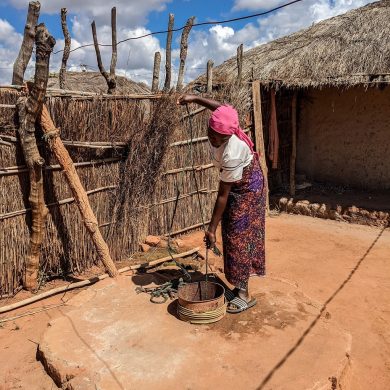


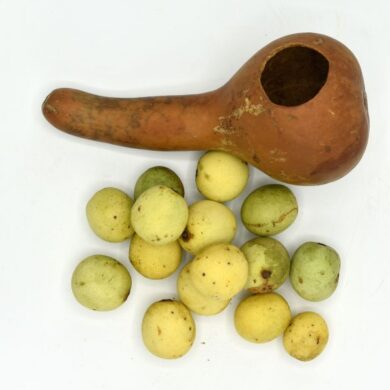
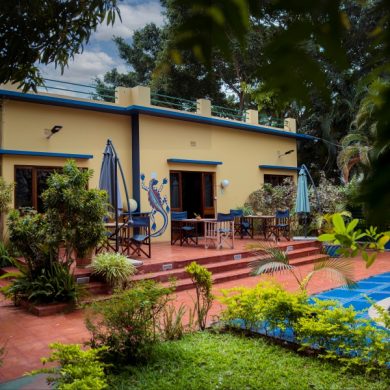














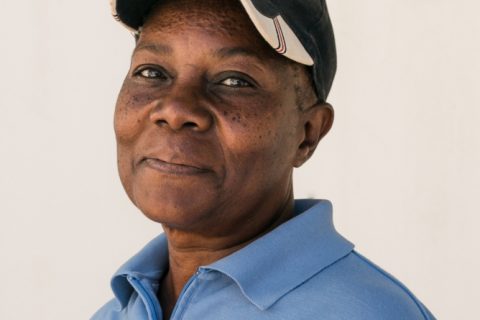
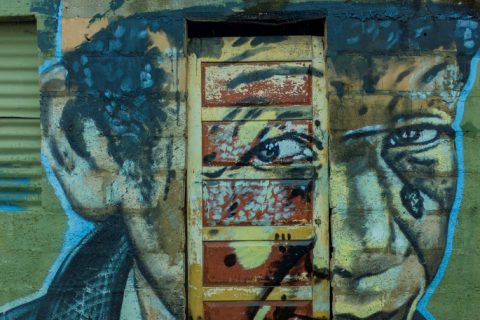

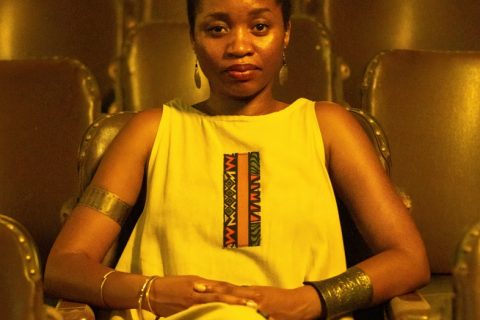

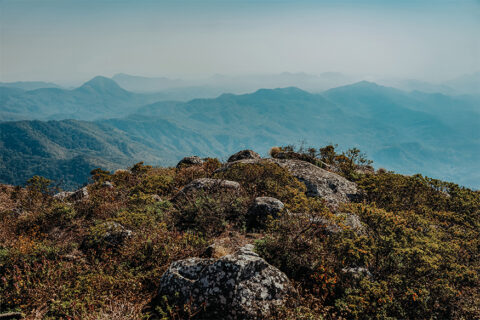


0 Comments